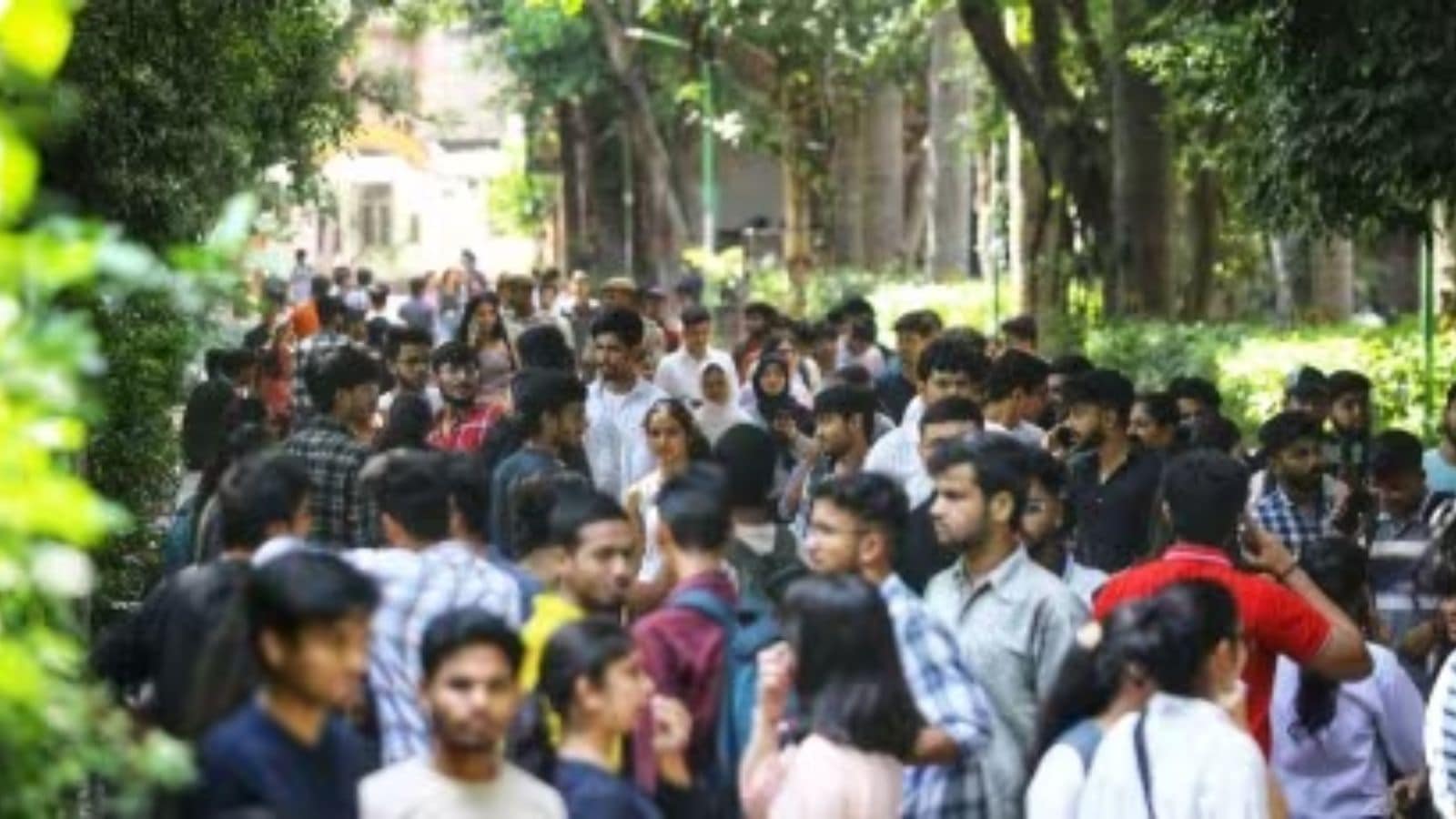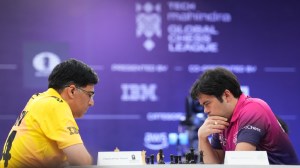Click here to join Express Pune WhatsApp channel and get a curated list of our stories
Not a practical option: Educationists, students on biannual admissions in higher education institutes
Amir Sheikh, a 21-year-old student of SPPU, said, "This is still very confusing and I hope we can get more clarity on how exactly this will be implemented."
 The UGC on Tuesday announced that higher education institutes now have the option to hold two rounds of admission in a year, one in July/August and the other in January/February. (File Photo)
The UGC on Tuesday announced that higher education institutes now have the option to hold two rounds of admission in a year, one in July/August and the other in January/February. (File Photo)
While the University Grants Commision (UGC) announced the possibility of taking biannual admissions in higher education institutes from this academic session, few educationists see this as a practical option, at least in the near future.
The UGC on Tuesday announced that higher education institutes now have the option to hold two rounds of admission in a year, one in July/August and the other in January/February.
When asked if such a system could be adopted at Savitribai Phule Pune University (SPPU), Pro Vice Chancellor Parag Kalkar said, “It is not really practical for us to implement this because even one round of admissions involves so many steps and takes quite a long time to conclude. It might be possible for institutes with small intakes but we have even up to 120 students in a single class. In the past three-four years, the professional courses have been delayed by up to two months so two rounds of admissions will be difficult to figure out for now.”
“Additionally, the teaching schedule, the calendar, semester system and so on will need to be figured out. It is a great initiative and could be beneficial to some students but needs much more practical clarity and resources for implementation,” said Kalkar.
Gajanan Ekbote, chairperson of Progressive Education Society (PES) which runs at least 56 educational institutes in Maharashtra, said while colleges focussing on professional courses could consider having two rounds of admissions, traditional courses may face difficulties.
“The number of students interested in traditional BA, BSc, BCom courses has gone down significantly as more are shifting towards professional courses. If there are not enough students for even one round of admissions, then having two rounds is a waste of resources. As we are moving towards developing cluster universities, the focus is shifting towards non-traditional innovative and professional courses and this can be eventually implemented there,” said Ekbote.
Amir Sheikh, a 21-year-old student of SPPU, said, “This is still very confusing and I hope we can get more clarity on how exactly this will be implemented. In the current system, some courses are taught only in the first semester and different ones for the second. So will that change? Or will we just have different courses because that will raise the question of standardization?”
Meanwhile, Pro Chancellor of Symbiosis International University Vidya Yeravdekar welcomed this decision. “All over the world, there are two intakes and this is in the interest of students. Some boards like International Baccalaureate announce their results much later and so is the case with some Indian universities too. Admission for the June session gets over and these students are at a disadvantage. Two intakes will be beneficial for students. Some students may join a certain stream in June but may not be happy and so the second intake may allow them to take another stream in the next intake. Moreover, infrastructure which lies vacant in April and May will also be put to optimum use,” she said.
Niharika Sengupta, a 20-year-old from MIT College, said, “This would be a great option as some of us who want to take some more time to figure out the course of our choice take a gap year or take a break can do so without having to waste an entire year altogether. Also, some universities themselves release results so late that students have to give up a year.”
Click here to join Express Pune WhatsApp channel and get a curated list of our stories







